OCTOBER 8TH
OCTOBER 13TH
BTCF Board Member Dr. Gia Marson talks with Goop about helping loved ones with an eating disorder.
Breaking the Chains and NEDA
Breaking the Chains Foundation partnered with NEDA in support of National Eating Disorder Awareness Week on February 26 – March 4th by promoting awareness via a variety of our social media networks, celebrity support, sharing NEDA’s screening tool through our social media platforms, as well as having our own online event through out the week. Also joined NEDA in forming our own team for the Los Angeles NEDA Walk on April 7th, walking and raising funds in support of stopping eating disorders.
GREAT NEWS
The award winning short film “FINDING ALICE” was an Official Selection both as a short film and written word in The Hollywood Dreamz International Film Festival and Writer’s Awards in Las Vegas, August 2017!
UPCOMING NEWS
STAY TUNED! – BTCF YOUNG HOLLYWOOD CAMPAIGN
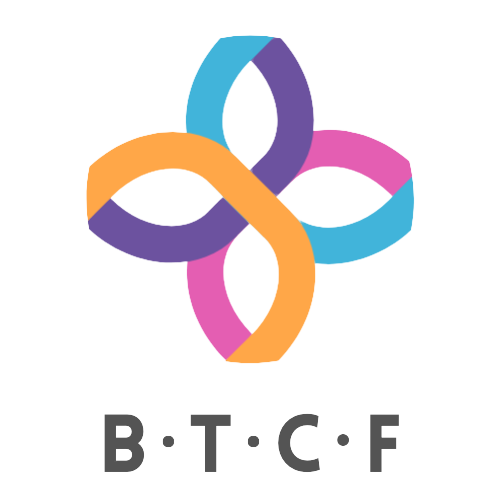

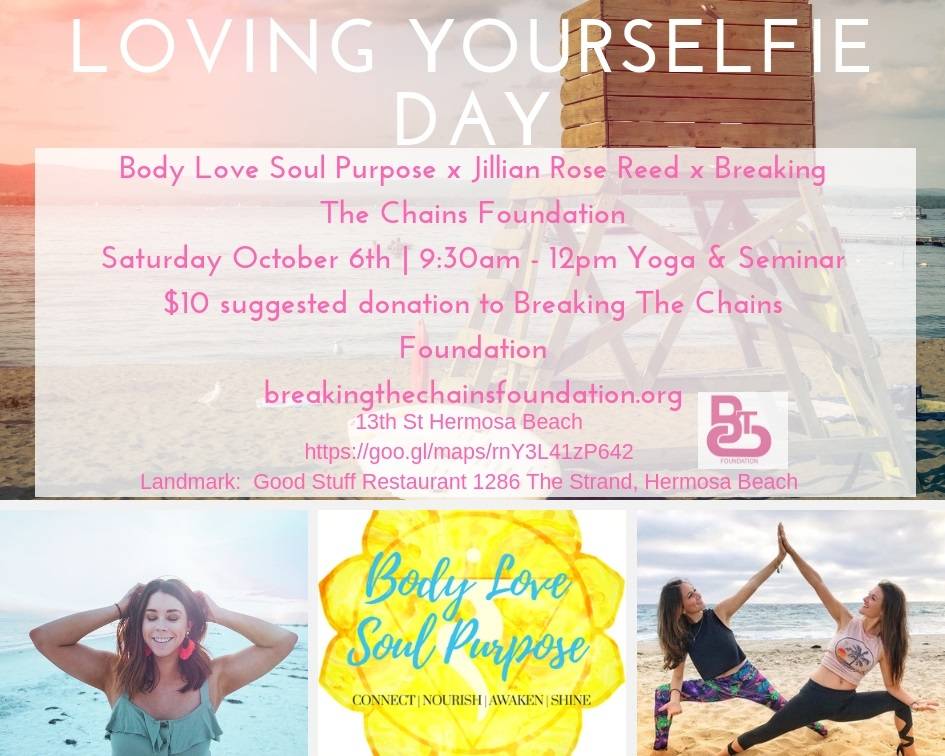
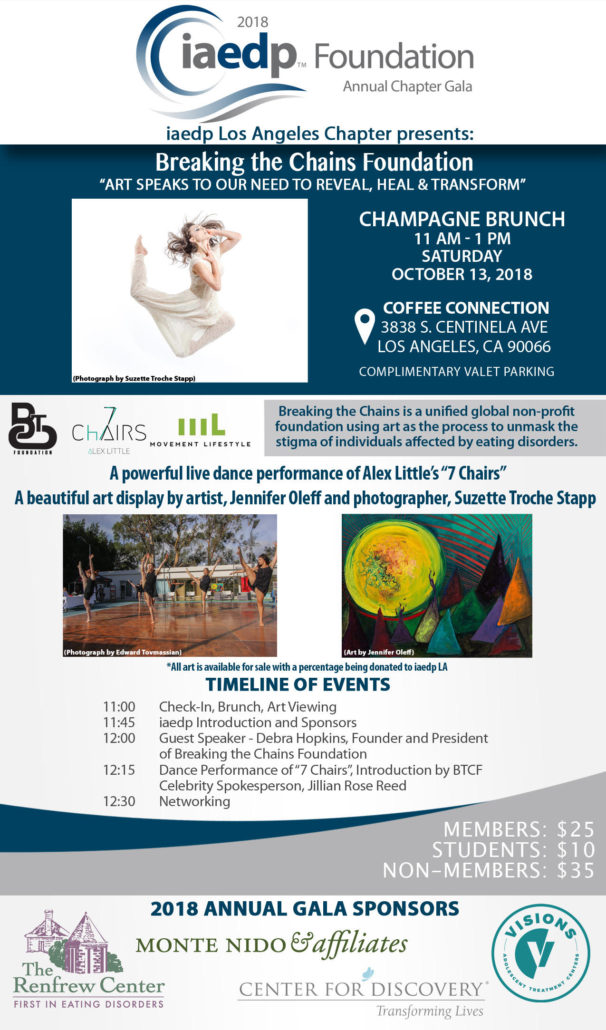

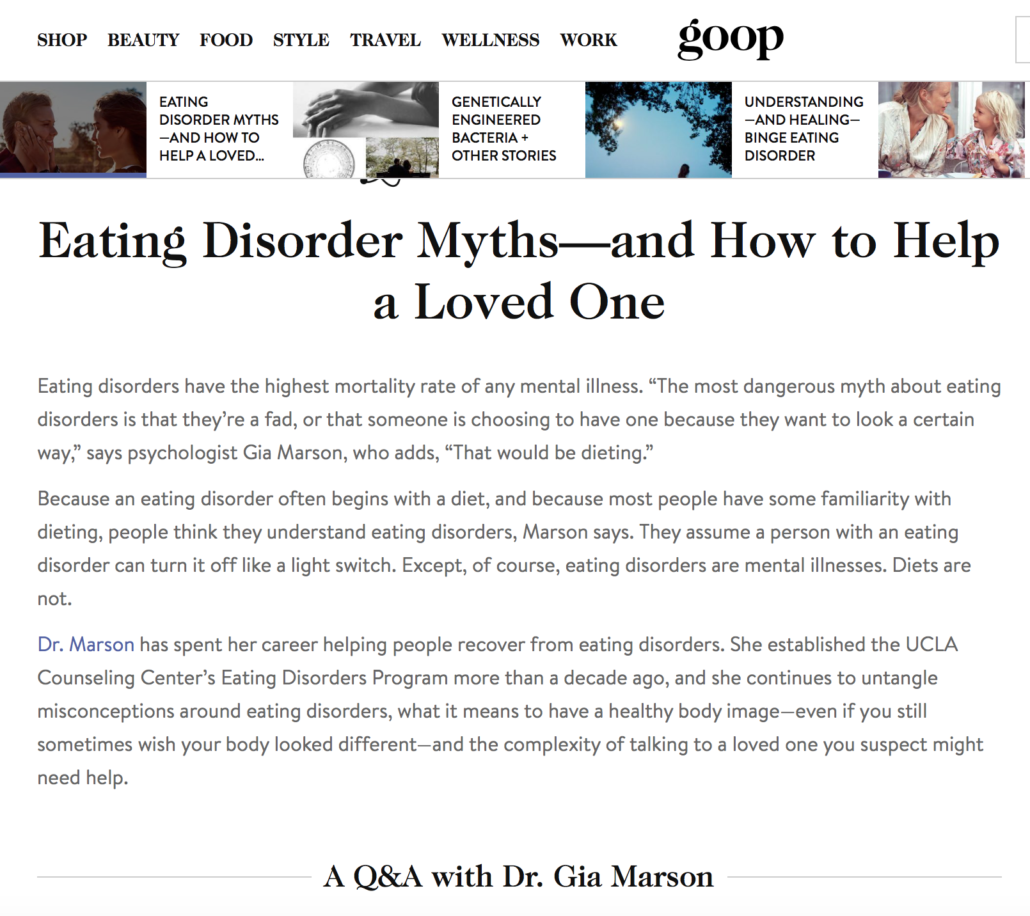
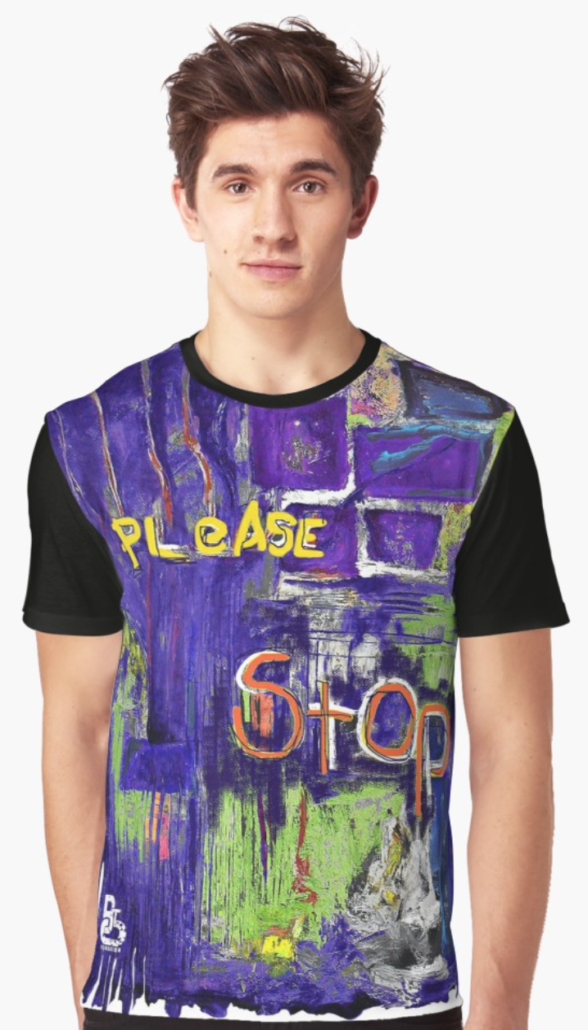

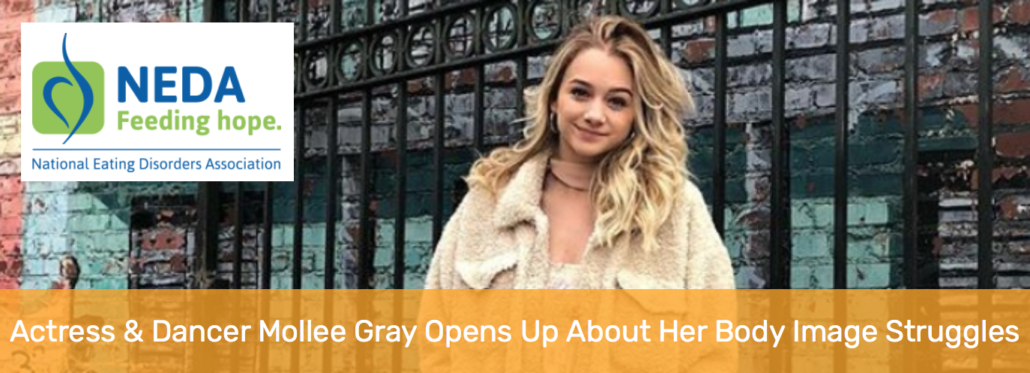





Brooke Lewis Chats Her Career, Latest Projects, Acting Highlights and BTCF!
PressMarch Recipe Jalapeno Jumbo Lump Crab Cakes with Mango Dipping Sauce
Canvas of Culinary ArtsJalapeno Jumbo Lump Crab Cakes with Mango Dipping Sauce
Step 1
In a large bowl, combine the crabmeat with mayonnaise, green onions, lime juice, honey, and 2 teaspoon chopped jalapenos; season with salt and pepper. Stir well to break up some of the crabmeat. Form the mixture into 8 crab cakes, packing them firmly. Put the crab cakes on a baking sheet and refrigerate until firm, about 25 minutes
Step 2
Meanwhile, in a blender, puree the mango with 1 tablespoon of the oil and the remaining diced jalapenos until smooth. Scrape the mango puree into a small bowl and season with salt and pepper.
Step 3
Put a handful of flour into a medium, shallow bowl. Put the eggs in another shallow bowl and the panko in a third bowl. Take a crab cake in your hand and carefully dust it all over with flour, shaking off any excess. Dip the crab cake in the beaten egg and then coat it well with the panko. Repeat with the remaining crab cakes.
Step 4
In a medium skillet, heat 3 tablespoons of the vegetable oil until shimmering. Add 4 of the crab cakes to the skillet and cook them over moderately high heat until they are browned and crisp, about 3 minutes per side. Drain the crab cakes on a wire rack set over a baking sheet. Repeat with the remaining 3 tablespoons of vegetable oil and 4 crab cakes.
Step 5
Serve on a warm plate with side mango puree for dipping
Serve 4
AN INTERVIEW WITH GG TOWNSON
Artist Blogs“Keep moving forward”
“Around here, however, we don’t look backwards for very long. We keep moving forward, opening up new doors and doing new things, because we’re curious…and curiosity keeps leading us down new paths.” Walt Disney
PHOTO CREDIT: Stephanie Girard
Interview with GG Townson
BTCF: The entertainment business runs in your family. Was being an actress something you always wanted to do?
GG: My mom will tell you I used to sing in my crib as a baby! Growing up, my thing was playing dress up, pretending, doing shows for my parents and their friends. At a young age it wasn’t that I wanted to be an actress, I was just in the house entertaining. I did tell my mom it would be fun to act once and because my grandfather was in the entertainment industry, she asked him about it, so he introduced me to his agent, Sid Levine who signed me and my brothers as a favor to my grandfather. I kind of took off and stuck with entertainment, but there was never a moment where I thought “I want to be an actress”. I just liked to pretend and to entertain, which at the time I was only 7. There wasn’t a moment of this is my job, it was like I get to get out of school for the day to be on a set and eat the great snacks my mom doesn’t want to buy. It wasn’t until high school that I thought this could be a career, but even then, I was working to get into Brown University to be a doctor, an obstetrician. I remember wanting to do that forever because I wanted a job that I could work with kids. To be quite honest, the only “career” I wanted to do was to be a doctor. I was only interested in acting – not thinking about being an actor.
BTCF: What other forms of art do you enjoy?
GG: I do dabble here and there in singing. Through the process of filming Salt-N-Pepa and my connection in the industry, knowing my who my grandfather is I am finally going to be putting out a singing project. I do have this; I don’t know if it’s a dream or a fantasy or a goal but I did learn that when my grandfather and his group were in their prime, while presenting at the Grammys they would sing a melody of the nominees and I thought how cool that would be to present at the Grammys and do it the way they did it. So as to sing a melody of the nominees. I thought that would be cool being the granddaughter of someone in that group that did that. I also like to dance – dancing was a big part of my life when I was younger. I used to dance for a company called California’s Dance Center and went on competitions twice a year, we were really full out for sure. A lot of people don’t know but I really love arts and crafts, I have coloring books and markers under my desk. I sit and color, I go outside to color. I got into this form of painting with this really thin watercolor paint that squirts out of the bottle and I paint. I was able to do a pottery class for the first time before quarantine and really enjoyed that.
BTCF: So exciting to hear you have a new role in CW’s hit series All American! Can you share who your character is and about?
GG: She’s a new artist that comes in, she’s a singer that comes in under JP’s label that is the father of one of the main characters. She comes in with a bit of an issue with one of the characters with the discrepancy of a song. We are waiting to see how far her storyline goes and seeing the different facets of her. When I got the audition, the breakdown was she may seem one way, but there’s more to her then meets the eye. The way they are painting her now is she comes in, steals the girl’s song and she’s just ruthless – but Lil Jewel gets to tell her side of story.
BTCF: BTCF uses all forms of art and artistic expression as the process to unmask the stigma of individuals affected by eating disorders & negative body image. How does art inspire you and impact your own wellness?
GG: Well, we talked about me doing arts and crafts and how that helps me pull away from certain things, helps me relax, and I love doing that outside. I love being outside, getting fresh air, sunbathing things like that. As far as my acting as an art – it depends on the type of stories I’m telling like the Salt-N-Pepa project. It’s really important to show those two different sides like showing what an eating disorder looks like and/or showing that eating disorders impact everyone. Like the body image thing for Cheryl (Salt) wasn’t just the body image aspect of it, but all the other things. Other things that she couldn’t control and having bulimia was that one thing that she felt she could control when things were going haywire.
BTCF: What are your top 3 self-care tips and/or things you do daily that aide to your own self-care and why?
GG: Okay, I don’t do this daily; I’m trying to work on it, but I do write things in my journal. I think that’s really important as a self-care tip. Just to have something physical to reflect on and to be able to write down your feelings and go back and see what you’ve been through, how you’ve gone through it. I have this journal, Law of Attraction journal on Amazon. I’ve used it for three years now and this journal goes into asking questions at the end of each month – what did you learn, what did you focus on, what habits did you have, what could you break? There’s a vision board in it too, learning how to split time between spiritual aspects, relationships, a career, and finances. It breaks things down things in one’s life. Another tip is meditating or praying or whatever you want to call it that’s important me as I pray every day. Another tip is and this may change on the daily, but whatever I set for the day as a reward or feel-good action. It might even just be sitting and binge watching a show if that’s what I feel my feel-good moment is for me, or going outside. This past weekend I hadn’t wanted to do anything really, no desire to go outside, but TODAY I’m like I need to go outside for a while like that’s my feel-good thing for me today. So I’m going to go outside for a bit and probably sit and do my journal or work on an audition. Things I like to incorporate in my day to feel good. Listening to what I need.
BTCF: You recently starred as Cheryl “Salt” James in the Lifetime biopic and did amazing! For those who don’t know Salt suffered secretly with bulimia for years. How did portraying her truth in what she went through connect with you? Or how were you able to make that connection?
GG: I was able to make the connection with her by learning the feelings deeper than the binging and purging. So, learning to understand what was going on at the time and that control that she was looking for. For me personally, and it’s not as intense as bulimia, but I have this habit when I get under pressure or there’s a lot of stuff going on I bite the skin around my finger until it bleeds. It’s been like this for years and I go through these little spells and when stuff is going on, you can tell on my fingers. I’m actually not sure what to call it or what it is as I haven’t looked that deep into it, but I know it happens when I have a lot of stuff going on. But it’s control for me, and that’s why for me I have a control problem – I know that about myself. So that’s just one way where I act out or try to control things with literally nothing to do with what is going on. Just like the things that Salt couldn’t control. It didn’t have anything to do with the outside noise, but her eating disorder is what she used. Even how mild my control response is, I was able to attach it to the thought; well, I have something kind of like that I could use and substitute and I could understand it. The act of purging and getting into that mindset of I feel that I need to do this to not only maintain this body image but also to feel that I have control over something. It’s not something that I could ever prepare myself for actually getting into it. Yet understanding and knowing her story and feeling like okay she feels there is no other way, this is all I have, I have to do it this.
BTCF: What are some things for you as an actress that aided you in preparing for the role of Salt when it came to her eating disorder?
GG: The preparation was literally getting into her mind and connecting to the why. I see why you did it because if I was under pressure and that was my go-to than I would understand that. Understanding what was going on around her- the act of. Cheryl and I talked about it, even down to where there was one scene that actually got cut out of the movie, but it was in the original script. It was a moment of right after she met Gavin and she purged. I told her you may have had this moment in real life, but I don’t understand how I as Salt (Cheryl) was to purge that night because nothing was wrong, and I was only able to make that connection because I understood every other purging moment she had. I thought this is a happy moment and she just met this man, everything was going great, he asked her if she wanted food, she said no and they parted ways, but in the script it said she went back to get the food and the next thing we would see is her purging. But for me I said to Cheryl (Salt) that doesn’t make sense for me, because there’s nothing going on – why would I purge, there’s nothing wrong, I’m happy, I’m satisfied with the way I look, my body, this wasn’t an issue of body shaming, I wouldn’t purge here. Salt told me, you’re right, you wouldn’t because there is literally nothing wrong right now. The purging came after the break-up in the movie and that makes sense. It came after parts in the movie where I’m going on a rollercoaster, like the purging after the Essence performance when we performed a song that she didn’t want to do in the first place and the song was out of place for the event we were performing at, the stakes were high – that makes sense. The purging was connected to an emotional response and if I didn’t know the character like that, I wouldn’t be able to say to Cheryl (Salt), hey this actually doesn’t fit right here at this happy moment because I understood why the purging was happening at this point.
BTCF: Salt being one of them, there are many people in the entertainment world who have begun to open up more about their eating disorder struggles. In portraying a real-life person who suffered from an eating disorder while simultaneously being in a worldwide spotlight, what do you think becomes the place of importance of the addiction in the scheme of things? How do you think Salt prioritized her eating disorder?
GG: I think getting to know Salt the way I did, reading the script and even thinking about my own life, she needed something tangible and that was it. She needed something for instant gratification that was the way of for a lack of a better word “acting out”, something she needed to hold on to. Like people who cut or have the rubber band, it’s something they need to do. The eating disorder was her something, but it also fell in line with maintaining body image too. It was a two-fold, and for her I don’t want to say it worked or that was a good thing, but it was something that satisfied both. As a response to the outside noise.
BTCF: In your portrayal of Salt with such depth and honesty within such a delicate subject matter, was there a moment of connection in her downward spiral while acknowledging the harm she was doing to herself and the line she knew she had to cross into healing and recovery?
GG: I feel like I connected with her from the beginning where essentially it worked in the grand scheme of things. Watching the movie, people told me I was spot on, that I acted it correctly and did my homework. But even the scene when I’m in the church and Mario Van Pebbles who is the director and plays the pastor talks to me (Salt) about the people in your life who don’t serve you, you’re not your best around these people and understanding what that’s like. So even going through my life and realizing there are certain people that you do need to get rid of that don’t serve you. Cheryl (Salt) and I outside of the movie would have these same kinds of conversations and her asking me about certain people in my life and telling me the same things that Mario is telling Salt in the church. In our conversations Cheryl is telling me, GG, if people don’t serve you, you need to get rid of those people. Then her coming to that same conclusion for herself in her life and telling herself, yes I have to get out of this.
Even going through those moments, I don’t’ think there is a super defining moment in the midst of shooting the movie as the connection with her was already there and that was based on her openness and her willingness to share her story with me and automatically having my own personal experience to be able to say okay I understand that because of what I went through here – I get that. I could literally substitute so many things, it may not be exact, but what she went through and how close those relationships were in her life I could literally pinpoint some of those relationships in mine.
BTCF: Are there places or spaces in your life where you found yourself struggling with body image and if so, can you share an example and how you found ways to find healing and peace for yourself?
GG: I did at one point. I went through this not liking my stretch marks on my body. When I was going into the summer of 8th grade, my body started to develop. But before then I was really, little, a skinny girl and I’m sure people won’t even be able to understand what that looks like looking at me now, but like my mom constantly had to pin my clothes because nothing would fit, like literally I was that little. Then growing, developing I got these boobs and my hips grew and I was getting stretch marks and I was like oh my God, I hate my stretch marks. To the point where I didn’t want to wear a bathing suit and always felt like I needed to cover up because everyone is looking at my stretch marks. But then I got to a point where I was like why am I doing this, my stretch marks are a part of me. They are just receipts on the fact that my butt grew, so why am I hiding? I have my receipts! You know in this day and age there’s this balance of the natural bodies and the artificial bodies, but it’s like I told myself well, I got my receipts that’s what it turned into – I got my receipts, it’s my body and I’m fine, I own it, God gave it me thank you and I just ran with it there! You know, with social media the need to always look your best always be on 10 and was something I almost got caught into, I’m not going to lie, but now it’s just like I am who I am, I’m very clear about that. I don’t try to portray something I’m not and I think it just really took me being headstrong and having a good support system because it’s very easy to get caught up into the look of social media, like go to this doctor and get this done and that done…and keeping up with the Kardashians, I mean they are beautiful, but that road is not for everyone. It definitely wasn’t for me.
BTCF: There is certainly a stigma when it comes to eating disorders and mental illness within the black community – why do you think that is? What are some first steps you think would help to create more of an enrichment narrative around this all?
GG: From the beginning, what I’ve always heard is don’t tell anyone – what happens in our house, stays in our house and I don’t know if that was based on how difficult things are for black families and not wanting to place anymore drama or issues on the black family. Not letting any outside ears in because of what we already have to deal with already being black. I’m not sure because I grew up hearing that – whatever goes on in house, stays in our house. Which kind of deters from the idea of therapy, because going to therapy you are now dealing with an outside source and rule of thumb in the black family is what goes on inside this house, stays in this house. But with that what is unfortunate is the lack of communication that can be had within the house because it’s like well if you guys don’t want a seeking ear outside of the house then we should start having these conversations within the house then. If a child says I’m unhappy, I’m going through something – don’t brush it off like they are just a kid, you don’t know anything – pushing that down. Unfortunately, I’ve had those experiences, those are experiences in the black household, experiences my closest friends have shared. Even with the body image thing, I’ve heard comments in the black household say if someone is skinny, the tease is girl you need to put some meat on those bones. That’s a common thing but I don’t think people understand how far that travels. It’s what we’ve been accustomed to through the years, that’s just the cycle, that’s the chain that happens.
It is difficult, our parents and the generation of our parents did the best they could and I don’t want to take away from that, but with that comes the inability to effectively communicate the feelings of their children sometimes, often times. It hasn’t been until recently when I was in my 20’s and even now more recently that it is has been shared that it’s okay to express yourself, show your feelings and even for black men to express themselves and have platforms now where they are openly talking about certain things and what’s going on. There are great podcasts of black men and women sharing their experiences, talking about things, setting a standard for more to come forward, talk, create conversation and dialogue about how they feel. I think that came with creating fellowship amongst themselves that felt they were unheard and felt they couldn’t express themselves and that was breaking the chain of what they couldn’t find at home. They had to find that with each other and help each other through that. Even in-depth conversations I have with my friends, I always make a point of saying I really appreciate what you are going through, I appreciate you being open enough to share these things with me because I know it’s not as easy as one would think. Creating a safe place – I appreciate you for trusting me to have this conversation and trusting me not use anything you’ve said against to you. Not only with your friends, but relationships. There is strength in expressing yourself, owning your story and using that to help the next, even a testimony to help someone else than just burying your feelings and pretend like they don’t exist. There is strength in expressing what is going on.
BTCF: What are some of your hobbies?
GG: I like to cook! Yeah, I have the tasty app on my phone, and I go through different recipes. I get joy in finding new recipes and trying them out and then getting the response like it’s actually good. I live for those moments. One Super Bowl, I had like all these Super Bowl dishes and I did all of them and I just sat back like a proud mom, yeah, I did that.
I definitely will climb a tree – if I see a tree that looks climbable, I will attempt to climb the tree- I am that person! I’m like a child! I’ll definitely try to climb on the highest rock if I’m at the beach, I will do stuff like that. I really do. I’m surprised I haven’t fallen off of something. I do enjoy rollerblading. I like to go to fairs and get on the rinky dink rides you think you are going to die on – I’m that person! I love Six Flags, can’t wait until that opens, I was looking at opening dates this morning – I need a thrill. I guess you could say I’m a little bit of a thrill seeker. Oh, I faced my fear and held a snake for the first time too. I thought I’d be more scared than I actually was, but in theory it wasn’t that bad. My mind told me it was worst then it actually was, it was okay I mean I didn’t die, clearly!
BTCF: When it comes to having balance in your life, what is important to you and why?
GG: Being able to disconnect from the industry which isn’t that hard to do because my closest friends are in the industry, but we are the type of friends that don’t talk about the industry. I’ve met people that all they want to talk about is the industry, what going on, casting, who have you been reading for, agencies and things like that and I sit back thinking, you all don’t want to talk about anything else? My core friends, we talk about everything and industry is 10 percent. My core friends are whom I’m around when I want to back away. I have my village – my family and friends definitely help me get away from the industry. Their support system means so much!
BTCF: What would you say to all the young black girls and boys who may struggle with negative body image, body image relationships, or an eating disorder and feel too ashamed to talk about it?
GG: I understand where it comes from to feel like you can’t express it because depending on your home situation you may feel like no one is going to hear you, take you serious, that you’re just saying it because you like to hear yourself talk, but don’t let that deter you from sharing your truth and reaching out to someone that could help you get what’s going on. Even if you don’t understand what you’re going through is an eating disorder, but it’s that hey I’m going through this time that I have these feelings that’s okay to share and that’s enough. Just knowing and understanding whatever negative situation that you are going through in regard to expressing yourself, that’s not the end and there are people who want to talk and be receptive to what you have to say and will have an answer. There are young girls who dm me and ask me for advice. One girl asked me about how to get started in the entertainment industry and I told her starting out with a great foundation of self- esteem and self-worth is the basis because a lot of time in this industry you will not get certain things that have nothing to do with you and you have to understand a lot of time a casting decision is not based on you so don’t take that no and think it’s because of you. It probably has nothing to do with you – they could love you, but they owe someone a favor, or it’s really never you personally but things beyond your control. I told her I hope I was able to answer it and not sound like a fortune cookie. She thanked me because she doesn’t have people she feels she can talk to or get real options that are not just surface answers like “do your best and you will do great”. While yes that’s true, there the underneath of that – do your best and release it. You can’t hold onto it because if you do, you will crush yourself because you will be so married to the idea you were perfect for this project, because this and that and talk yourself into a frenzy. I say every “no” is like stacking those up like on a staircase – Every no you are stacking up and getting higher and higher to your “yes” and that’s what it should look like. Every “no” okay on the next no, on to the next, okay on to the next. I believe what’s meant for you will happen. Everything that’s happen for me, what I prayed for is for the good of my career. When I pray to God, I pray for if you want this for me, it will happen. Yeah, I get a little worried sometimes if things are hard, I get uncomfortable, but I put my trust into God as it will be okay. If I get a no, my okay is my other audition coming in.
BTCF: Eating disorders “look” differently for each person. How do you think social media has impacted perception?
GG: Definitely, social media has impacted the way people feel about themselves. And maybe the rise in these disorders, I don’t know the numbers, but I can only imagine what has transpired on social media. Just the fact when you get on social media you see perfection but more of what I’m seeing is people saying – people only show you the highlight reel. Understanding that’s what social media, it is a highlight reel. You don’t see the downs, the bad. Although there are some people who do show their struggles and thank God for them because I feel they are inspirations for people with their willingness to share their truth.
BTCF: You have plans for building your own organization for young woman! Can you share some of what it’s about?
GG: It’s called Magic Within You Academy – basically a testament of what I’m all about. My ministry – just know you are enough simply and reinforcing that to young girls. Doing this at a young age and not waiting until they get into their 20’s to understand this, but rather to build that foundation a little earlier within themselves. The knowing of how life happens and go through the motions and understand that piece like I said, every no is closer to a yes and learning how to turn moments of adversity into great moments looking for the silver lining. Finding that and knowing how to apply it to everything. I’m an advocate for not acting like a robot and not acting like life doesn’t affect you because it does and it should, but that’s a part of the process. I feel like a lot of people miss the process of life by being so concerned with acting like something doesn’t affect them and that’s not what its’ about. Because what’s the good without bad? You’re not going to appreciate the good unless you went through the bad. Also, too you may not be able to tell if something is good unless you really went through the bad.
I would like to structure it as a traditional non-profit. We would start doing on-line workshops and things like that, but I would like to get it to a point where we can do it in person things, and I guess that’s all based on what “Ms. Rona” has in store – how long she’s planning on staying! It’s about being a safe place for the things I’m about, expression, creating a safe place women and young girls to express themselves without feeling judged or looked at in any type of way for the things that they feel. Can we normalize feelings again?